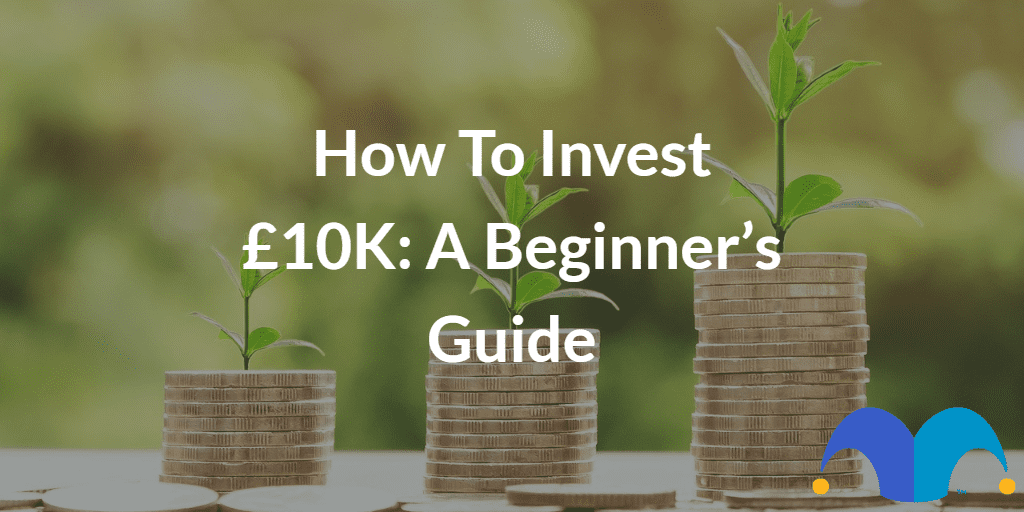You can begin investing with just a small amount of money. But if you find yourself with a sizeable chunk of money and you want to invest it, what’s the best way to do it? Here’s how you can potentially invest £10k.
What should you do before you invest £10k?
Before you actually start investing, here’s a little checklist of questions you should run through:
- What is the timeframe for your investments?
- What is your appetite for risk?
- Can you afford to invest the money, or should it be used for other purposes, like paying off debt?
- Do you have a share dealing account set up?
You will need an investment account in order to put your money to work. For those without anything set up right now, we’ve compiled our top share dealing accounts to make picking a platform a little easier for you. It’s also a good idea to try and use a stocks and shares ISA if you can because this can help to reduce your tax and overall costs.
Previously, we’ve covered different ways that you can invest £1k. It’s a good idea to take a look at that article because a lot of the methods discussed there will just as easily apply to a bigger amount of money. However, with £10k to invest, you can put yourself in an even better position for the future.
Is investing in ten individual stocks and shares a wise move?
This is a decent amount of money, so you could use it to invest in a number of different companies.
One option is to pick ten solid businesses from a range of industries. With only ten stocks in your portfolio, it might be best to go for more established players rather than obscure smaller businesses. But this will depend on your personal risk tolerance.
If you’re stuck for inspiration, you should check out The Motley Fool’s Share Advisor service to give you a helping hand.
Should you invest £10k in traditional stocks and bonds?
The traditional portfolio allocation of 60% stocks and 40% bonds isn’t very trendy anymore. However, over long periods of time, it has proven to be a successful choice for investors.
To invest £10k this way, you would put £6,000 into stocks and shares and then £4,000 into bonds. Instead of picking out individual investments, you could use an index fund for both of these options. That way, you would keep your costs low and only have two investments to keep an eye on.
Bonds are not in a great position right now, but a lot can change as the years roll by. The idea of this allocation is to set it and forget it, rebalancing from time to time when you need to.
Can you invest £10k in property?
While £10k isn’t enough to buy you a house, you could still invest in property.
Using something like a real estate investment trust (REIT) or an investment fund that focuses on property, you can actually earn interest on your money.
As with any investment, it’s important to do research before you dive in. This is especially true if you don’t have a strong understanding of the property market.
Could it be best to keep that £10k in cash?
Keeping cash may not seem like a worthwhile investment, but it can be really useful.
If you have a low tolerance for risk or a short investing timeframe, then cash could be your saviour. Interest rates aren’t what they once were, but there are still some good savings accounts out there. For those of you willing to lock your money away, you might get a better rate of return.
It’s important to remember that rising inflation rates could mean you can buy less with your cash over time. But having at least some of your £10k in cash could allow you to make the most of future opportunities to invest.
Takeaway
These are just a few ideas to get you thinking about how you could invest £10k. It’s always important to be realistic when investing. Avoid silly traps like attempting to double your money in a matter of months.
Before making any moves, really think about what you’re hoping to achieve with your investments. There’s no perfect way to invest any amount of money. Do what’s right for you and remember that you may get back less than you put in.
Please note that tax treatment depends on your personal circumstances and may be subject to change in the future. The content in this article is provided for information purposes only. It is not intended to be, neither does it constitute, any form of tax advice. Readers are responsible for carrying out their own due diligence and for obtaining professional advice before making any investment decisions.
